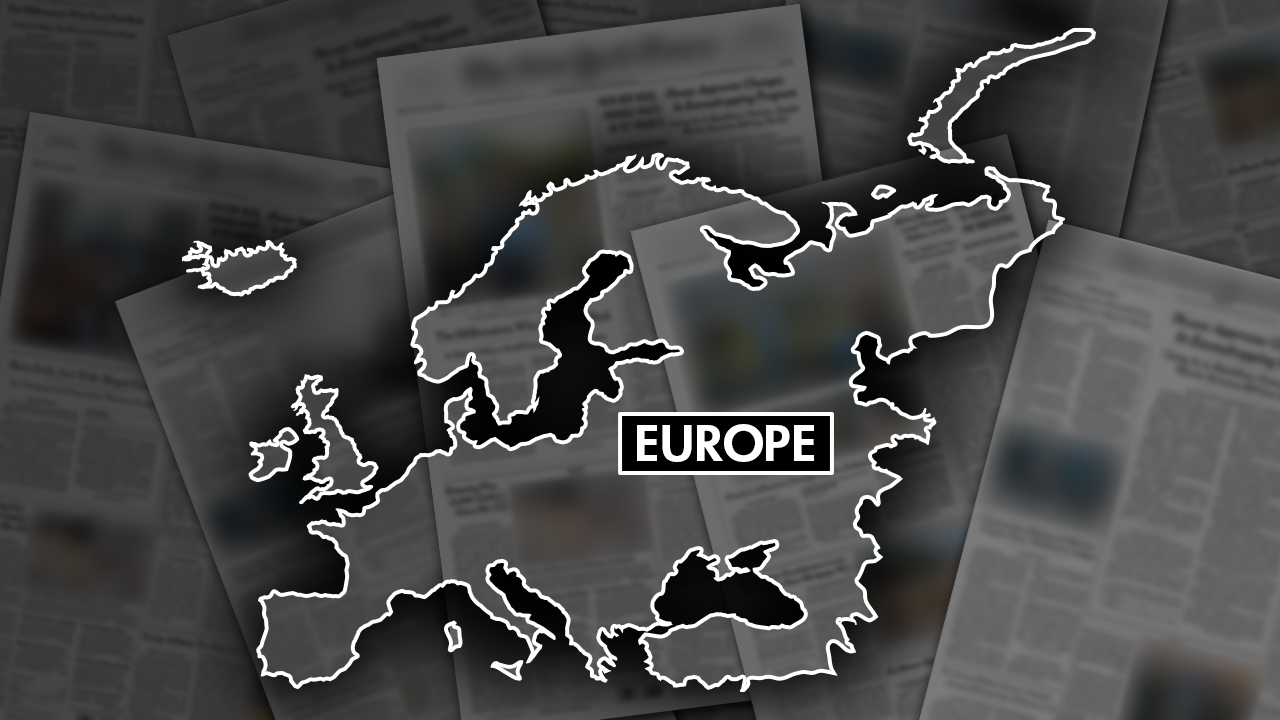Kosovo’s government has implemented measures to mitigate tensions with Serbia by announcing a reduction in the number of special police officers stationed outside municipal buildings in predominantly Serb-majority areas. Prime Minister Albin Kurti has stated that one-fourth of the special police forces will be relocated, with further withdrawals planned based on ongoing evaluations of the situation. Kurti emphasized the importance of creating an environment that fosters a fair electoral campaign, political diversity, community participation, and the protection of the integrity of the voting process.
The reduction in the number of special police officers and the holding of new mayoral elections in four Serb-majority municipalities were decided in an effort to defuse tensions between Kosovo and Serbia, which escalated in May. Kurti explained that the decision to move one-fourth of the special police forces was made considering the relatively quieter situation at the municipal buildings over the past two weeks. Additional officers will be withdrawn based on continuous evaluations of the situation. The specific timeline for the reductions and reassignments of the officers is not yet clear.
While Serbia’s government and Kosovo’s ethnic Serbs want a complete withdrawal of special police forces from the northern area, Pristina has stated that the reduction will be gradual. Kurti confirmed that the government will issue a formal statement regarding the new mayoral elections in the four municipalities, all of which have an ethnic Serb-majority population. He stressed the need to create an appropriate environment that allows for a fair electoral campaign, political diversity, community participation, and the inviolability of votes.
The decisions regarding the reduction of special police officers and new mayoral elections were made following a meeting between Kurti’s deputy and European Union envoy Miroslav Lajčák in Bratislava, Slovakia. Ethnic Serbs in northern Kosovo boycotted the previous mayoral elections in April as part of their campaign for greater autonomy. They now object to the ethnic Albanian mayors elected in those polls, while Serbia supports their calls for the mayors to step down.
In late May, clashes occurred as ethnic Serbs attempted to block the entrance of newly elected Albanian mayors into public buildings. The clashes resulted in injuries to international peacekeepers and ethnic Serbs. The European Union has called on both Pristina and Belgrade to de-escalate the situation, emphasizing that the normalization of Kosovo-Serbia ties is crucial for regional peace, stability, and potential integration into the EU.
The recent tensions between Kosovo and Serbia have raised concerns among the EU and the United States, as they fear that the Balkan region may descend into instability, particularly amid Russia’s ongoing conflict in Ukraine. Kurti expressed his readiness to meet with Serbian President Aleksandar Vučić to discuss the implementation of de-escalation efforts and resume the previously agreed-upon deal on the normalization of ties. However, the agreement reached four months ago unraveled shortly after as both leaders appeared to backtrack on their commitments.
In other news, the Kosovo Supreme Court has acquitted a former ethnic Serb minister in Kosovo’s Cabinet of inciting ethnic hatred with his comments about a 1999 massacre of Kosovo Albanians. The court determined that the minister’s words denying the massacre did not incite ethnic hatred. This verdict comes after the former minister was initially sentenced to one year in prison for his remarks. The Recak massacre, in which 45 Kosovar Albanians were killed, was a significant event that prompted NATO’s intervention to end the war between Kosovo and Serbia.
The conflict between Serbia and its former province, Kosovo, has persisted for decades, with Belgrade refusing to recognize Kosovo’s declaration of independence in 2008. While the majority of EU nations and the United States recognize Kosovo’s independence, Russia and China support Serbia’s claim over the territory. The 1998-1999 conflict resulted in the loss of thousands of lives and saw NATO intervention to force Serbia to relinquish control. However, the dispute between the two sides remains, with Serbia maintaining that Kosovo is part of its sovereign territory.
Denial of responsibility! VigourTimes is an automatic aggregator of Global media. In each content, the hyperlink to the primary source is specified. All trademarks belong to their rightful owners, and all materials to their authors. For any complaint, please reach us at – [email protected]. We will take necessary action within 24 hours.


